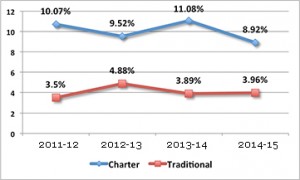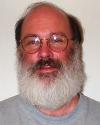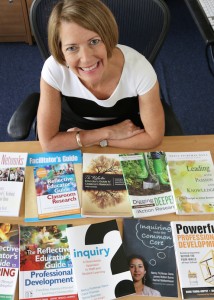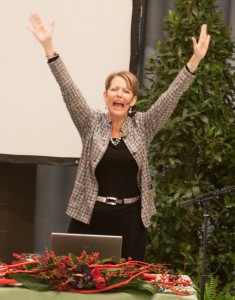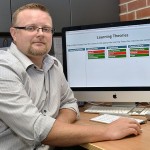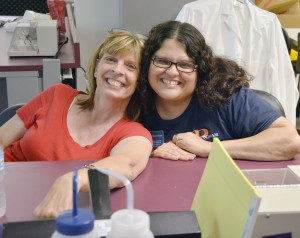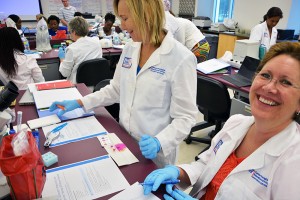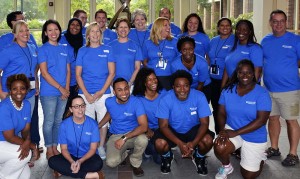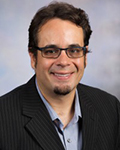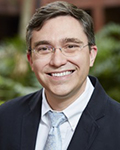https://education.ufl.edu/news/files/2019/07/News-1-300x65.png
0
0
https://education.ufl.edu/news/files/2019/07/News-1-300x65.png
2016-12-08 16:18:162016-12-09 13:13:48Giving Reading a Boost
https://education.ufl.edu/news/files/2019/07/News-1-300x65.png
0
0
https://education.ufl.edu/news/files/2019/07/News-1-300x65.png
2016-12-01 12:07:062016-12-01 12:39:04Learning Gains from our Brains
https://education.ufl.edu/news/files/2019/07/News-1-300x65.png
0
0
https://education.ufl.edu/news/files/2019/07/News-1-300x65.png
2016-11-18 10:50:022016-12-12 21:22:39Counselor Ed. volunteers reflect on Orlando Pulse nightclub tragedy
https://education.ufl.edu/news/files/2019/07/News-1-300x65.png
0
0
https://education.ufl.edu/news/files/2019/07/News-1-300x65.png
2016-10-24 10:57:332016-10-24 14:50:52Counselor Ed’s Kristina DePue receives national research honor
https://education.ufl.edu/news/files/2019/07/News-1-300x65.png
0
0
https://education.ufl.edu/news/files/2019/07/News-1-300x65.png
2016-10-21 11:10:392016-10-24 10:55:43Athletes have coaches, why not teachers?
https://education.ufl.edu/news/files/2019/07/News-1-300x65.png
0
0
https://education.ufl.edu/news/files/2019/07/News-1-300x65.png
2016-09-30 12:18:022017-03-29 15:45:39National survey: UF education students score high marks in voter participation
https://education.ufl.edu/news/files/2019/07/News-1-300x65.png
0
0
https://education.ufl.edu/news/files/2019/07/News-1-300x65.png
2016-09-22 16:53:382016-09-22 17:51:19UF awarded $3.5 million to help improve social, emotional behavior of schoolchildren
https://education.ufl.edu/news/files/2019/07/News-1-300x65.png
0
0
https://education.ufl.edu/news/files/2019/07/News-1-300x65.png
2016-08-25 09:22:282016-08-25 09:24:16International group installs COE professor as president-elect
https://education.ufl.edu/news/files/2019/07/News-1-300x65.png
0
0
https://education.ufl.edu/news/files/2019/07/News-1-300x65.png
2016-08-22 11:54:542016-08-25 09:26:27UF Foundation selects education professor for research award
https://education.ufl.edu/news/files/2019/07/News-1-300x65.png
0
0
https://education.ufl.edu/news/files/2019/07/News-1-300x65.png
2016-08-15 10:38:572016-08-15 13:18:06COE doctoral student honored for ‘teaching tolerance’
https://education.ufl.edu/news/files/2019/07/News-1-300x65.png
0
0
https://education.ufl.edu/news/files/2019/07/News-1-300x65.png
2016-07-08 16:55:432017-03-30 10:39:40COE alumna Stacy Ellis named new UF Baby Gator director
https://education.ufl.edu/news/files/2019/07/News-1-300x65.png
0
0
https://education.ufl.edu/news/files/2019/07/News-1-300x65.png
2016-06-27 09:14:252016-08-15 13:19:25UF awarded $10M to personalize online math learning
https://education.ufl.edu/news/files/2019/07/News-1-300x65.png
0
0
https://education.ufl.edu/news/files/2019/07/News-1-300x65.png
2016-06-24 12:19:172016-06-24 12:19:40Subscribe to EduGator e-newsletter
https://education.ufl.edu/news/files/2019/07/News-1-300x65.png
0
0
https://education.ufl.edu/news/files/2019/07/News-1-300x65.png
2016-06-23 16:47:402016-06-23 18:33:1020 states join UF's sweeping reform effort to boost teaching of students with disabilities
https://education.ufl.edu/news/files/2019/07/News-1-300x65.png
0
0
https://education.ufl.edu/news/files/2019/07/News-1-300x65.png
2016-06-23 11:00:252016-06-23 16:13:54New school director Holly Lane embraces tradition of ‘vigorous research’
https://education.ufl.edu/news/files/2019/07/News-1-300x65.png
0
0
https://education.ufl.edu/news/files/2019/07/News-1-300x65.png
2016-06-12 22:54:372016-06-20 10:14:38Nepali PhD candidate cited for promoting global engagement
https://education.ufl.edu/news/files/2019/07/News-1-300x65.png
0
0
https://education.ufl.edu/news/files/2019/07/News-1-300x65.png
2016-05-24 12:41:412016-05-26 15:46:10Acclaimed scholars to participate in UF’s first International Teacher Leadership Conference
https://education.ufl.edu/news/files/2019/07/News-1-300x65.png
0
0
https://education.ufl.edu/news/files/2019/07/News-1-300x65.png
2016-05-16 13:02:272016-06-23 17:17:50Q & A with Kara Dawson on closing the 'digital divide'
https://education.ufl.edu/news/files/2019/07/News-1-300x65.png
0
0
https://education.ufl.edu/news/files/2019/07/News-1-300x65.png
2016-05-16 10:36:392016-05-16 13:39:22Gainesville Sun: HIgh-achieving teachers
https://education.ufl.edu/news/files/2019/07/News-1-300x65.png
0
0
https://education.ufl.edu/news/files/2019/07/News-1-300x65.png
2016-05-06 14:36:182016-06-07 21:44:15'Global classrooms create worldly connections for future teachers
https://education.ufl.edu/news/files/2019/07/News-1-300x65.png
0
0
https://education.ufl.edu/news/files/2019/07/News-1-300x65.png
2016-05-04 14:42:072016-05-04 14:47:29Gainesville Sun, WCJB-TV: P.K. Yonge celebrates former teacher Toy Whitley
https://education.ufl.edu/news/files/2019/07/News-1-300x65.png
0
0
https://education.ufl.edu/news/files/2019/07/News-1-300x65.png
2016-05-02 12:42:072016-06-23 17:13:36School finance leader named 2016 Distinguished Alumnus
https://education.ufl.edu/news/files/2019/07/News-1-300x65.png
0
0
https://education.ufl.edu/news/files/2019/07/News-1-300x65.png
2016-04-21 16:24:102016-04-21 16:59:24UF Anderson Scholars program honors 17 ProTeach students--most ever!--plus 2 faculty mentors
https://education.ufl.edu/news/files/2019/07/News-1-300x65.png
0
0
https://education.ufl.edu/news/files/2019/07/News-1-300x65.png
2016-04-15 12:19:172016-04-28 11:01:16Anita Zucker Center co-director honored for leadership, impact on behavioral disorders
https://education.ufl.edu/news/files/2019/07/News-1-300x65.png
0
0
https://education.ufl.edu/news/files/2019/07/News-1-300x65.png
2016-04-15 09:42:542016-04-19 11:13:11PKY instructor cited nationally as outstanding teacher-researcher
https://education.ufl.edu/news/files/2019/07/News-1-300x65.png
0
0
https://education.ufl.edu/news/files/2019/07/News-1-300x65.png
2016-04-08 11:31:472017-06-02 13:06:54How Outstanding Young Alum saved his teaching career
https://education.ufl.edu/news/files/2019/07/News-1-300x65.png
0
0
https://education.ufl.edu/news/files/2019/07/News-1-300x65.png
2016-04-06 13:39:362016-04-21 10:22:02COE well represented at world's largest education research meeting
https://education.ufl.edu/news/files/2019/07/News-1-300x65.png
0
0
https://education.ufl.edu/news/files/2019/07/News-1-300x65.png
2016-04-04 02:41:182016-04-04 16:40:16College of Education Symposium wrap up
https://education.ufl.edu/news/files/2019/07/News-1-300x65.png
0
0
https://education.ufl.edu/news/files/2019/07/News-1-300x65.png
2016-03-29 16:47:312016-03-29 16:47:31Gainesville Sun: Making black lives matter in Alachua County
https://education.ufl.edu/news/files/2019/07/News-1-300x65.png
0
0
https://education.ufl.edu/news/files/2019/07/News-1-300x65.png
2016-03-21 14:14:512016-04-21 12:37:55Upgrades to historic Norman Hall being fast-tracked
https://education.ufl.edu/news/files/2019/07/News-1-300x65.png
0
0
https://education.ufl.edu/news/files/2019/07/News-1-300x65.png
2016-03-16 09:21:412016-03-16 17:59:52US News ranks UF College of Education 20th; 2 programs in top 10
https://education.ufl.edu/news/files/2019/07/News-1-300x65.png
0
0
https://education.ufl.edu/news/files/2019/07/News-1-300x65.png
2016-03-11 15:59:142016-03-11 16:02:33Orlando Sentinel: 40 fellows selected for teacher-leader program
https://education.ufl.edu/news/files/2019/07/News-1-300x65.png
0
0
https://education.ufl.edu/news/files/2019/07/News-1-300x65.png
2016-02-24 17:37:332016-02-25 14:22:35School names corridor after former principal to honor daughter's gift
https://education.ufl.edu/news/files/2019/07/News-1-300x65.png
0
0
https://education.ufl.edu/news/files/2019/07/News-1-300x65.png
2016-02-23 12:42:272016-02-23 13:07:28Early learning ‘action network’ taps Lastinger Center specialist for national fellowship
https://education.ufl.edu/news/files/2019/07/News-1-300x65.png
0
0
https://education.ufl.edu/news/files/2019/07/News-1-300x65.png
2016-02-22 12:19:512016-02-26 14:33:06EduGator Talk on standardized testing coming to Tampa March 8
https://education.ufl.edu/news/files/2019/07/News-1-300x65.png
0
0
https://education.ufl.edu/news/files/2019/07/News-1-300x65.png
2016-02-22 11:20:292016-05-06 14:31:1540 educators chosen for UF's new leadership network
https://education.ufl.edu/news/files/2019/07/News-1-300x65.png
0
0
https://education.ufl.edu/news/files/2019/07/News-1-300x65.png
2016-02-22 08:53:522016-02-22 08:54:15UF Literacy Initiative hosts crossword puzzle tourney March 12
https://education.ufl.edu/news/files/2019/07/News-1-300x65.png
0
0
https://education.ufl.edu/news/files/2019/07/News-1-300x65.png
2016-02-17 15:34:522016-05-06 14:52:0240 Florida educators chosen for new UF leadership network
https://education.ufl.edu/news/files/2019/07/News-1-300x65.png
0
0
https://education.ufl.edu/news/files/2019/07/News-1-300x65.png
2016-02-08 12:47:182016-02-08 12:47:18Ed. tech's Ritzhaupt named distinguished alumnus by alma mater
https://education.ufl.edu/news/files/2019/07/News-1-300x65.png
0
0
https://education.ufl.edu/news/files/2019/07/News-1-300x65.png
2016-01-26 12:00:252016-01-26 12:05:13Education professor wins $1.2 million grant to lead UF team on 3-D paleontology technology project
https://education.ufl.edu/news/files/2019/07/News-1-300x65.png
0
0
https://education.ufl.edu/news/files/2019/07/News-1-300x65.png
2016-01-25 15:14:472016-01-27 16:02:07UF doctoral student leads Florida elementary school with nation's top-rated STEM program
https://education.ufl.edu/news/files/2019/07/News-1-300x65.png
0
0
https://education.ufl.edu/news/files/2019/07/News-1-300x65.png
2016-01-21 12:07:182016-01-21 13:43:12International group recognizes UF professor as year's outstanding science teacher educator
https://education.ufl.edu/news/files/2019/07/News-1-300x65.png
0
0
https://education.ufl.edu/news/files/2019/07/News-1-300x65.png
2016-01-19 10:35:512016-01-19 16:41:38Study explores impact of 'active learning classroom' design
https://education.ufl.edu/news/files/2016/01/Number1Digital-02-copy-web-banner.png
1492
4000
https://education.ufl.edu/news/files/2019/07/News-1-300x65.png
2016-01-12 10:57:402016-03-22 14:57:52UF online graduate education rated best in nation
https://education.ufl.edu/news/files/2019/07/News-1-300x65.png
0
0
https://education.ufl.edu/news/files/2019/07/News-1-300x65.png
2016-01-05 11:40:292016-01-13 11:08:31UF researchers find high teacher attrition rates at charter schools
https://education.ufl.edu/news/files/2016/01/DANA-Nancy-Spotlight_8680-5c.jpg
355
959
https://education.ufl.edu/news/files/2019/07/News-1-300x65.png
2016-01-04 14:21:172016-01-04 16:23:42Preaching the power of Teacher Inquiry
https://education.ufl.edu/news/files/2015/11/Pasha-EEG6-1024x380.jpg
380
1024
https://education.ufl.edu/news/files/2019/07/News-1-300x65.png
2015-11-25 11:44:312016-01-27 09:17:05Ed. technology researcher lands record five NSF grants
https://education.ufl.edu/news/files/2015/11/jon-mundorf-japan-spotlight.jpg
380
1024
https://education.ufl.edu/news/files/2019/07/News-1-300x65.png
2015-11-24 12:20:152016-01-04 14:34:38P.K. Yonge goes international
https://education.ufl.edu/news/files/2015/11/Kathy-Savage-Houda-Darwiche-10241.jpg
380
1024
https://education.ufl.edu/news/files/2019/07/News-1-300x65.png
2015-11-23 13:43:192015-11-30 10:48:35UF precollegiate center keeps teachers up to date on bioscience technologies
https://education.ufl.edu/news/files/2019/07/News-1-300x65.png
0
0
https://education.ufl.edu/news/files/2019/07/News-1-300x65.png
2015-11-23 10:15:062015-11-23 16:20:55College of Education scholars named Global Fellows
Scroll to top
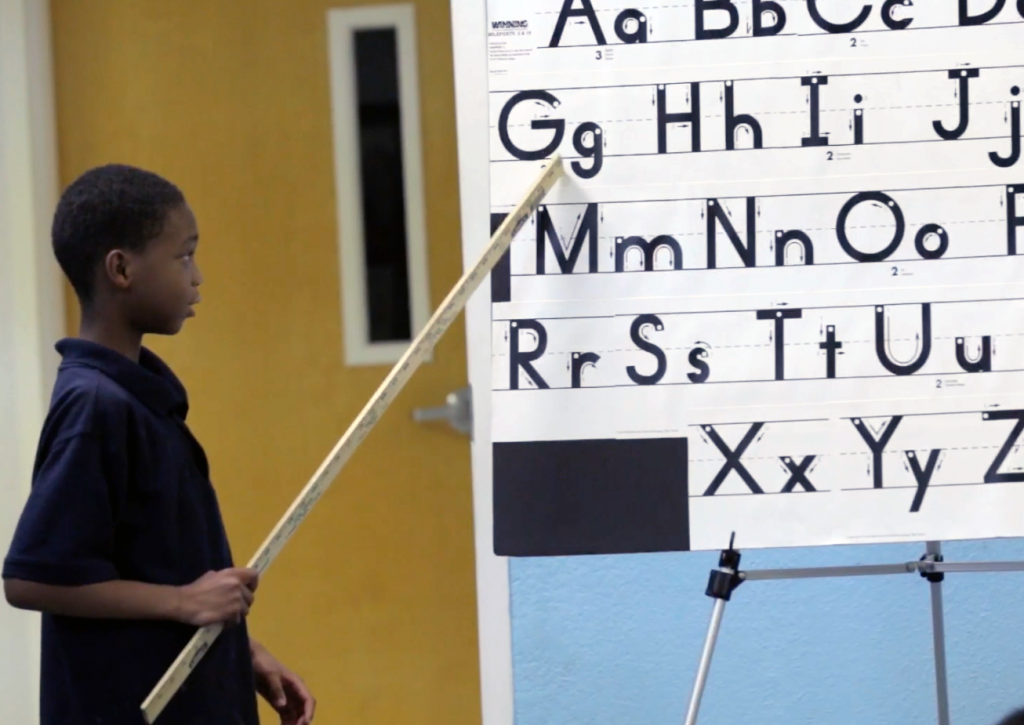

 See a segment
See a segment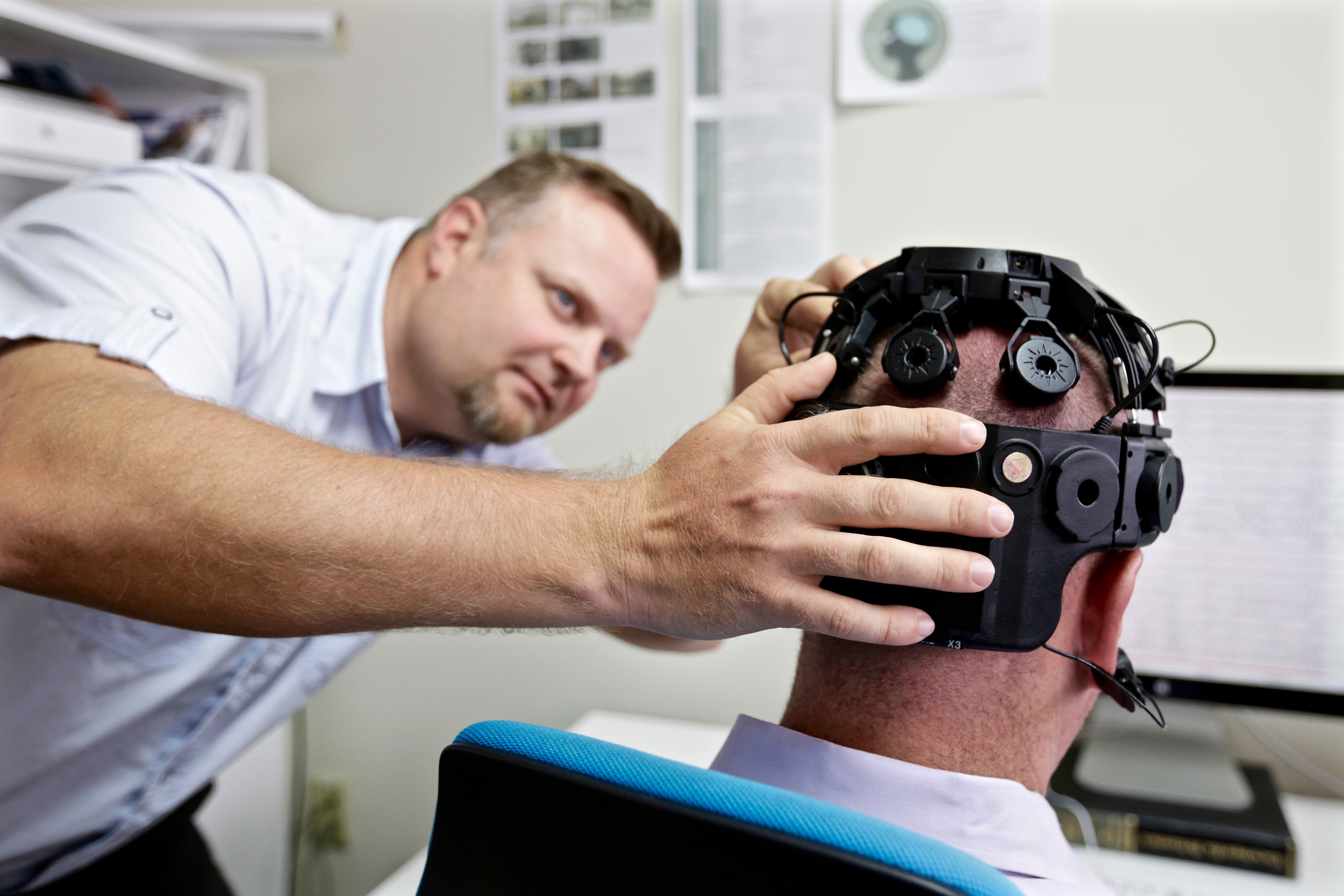
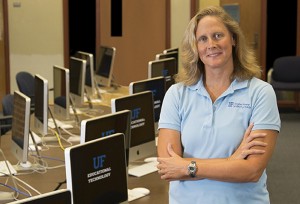
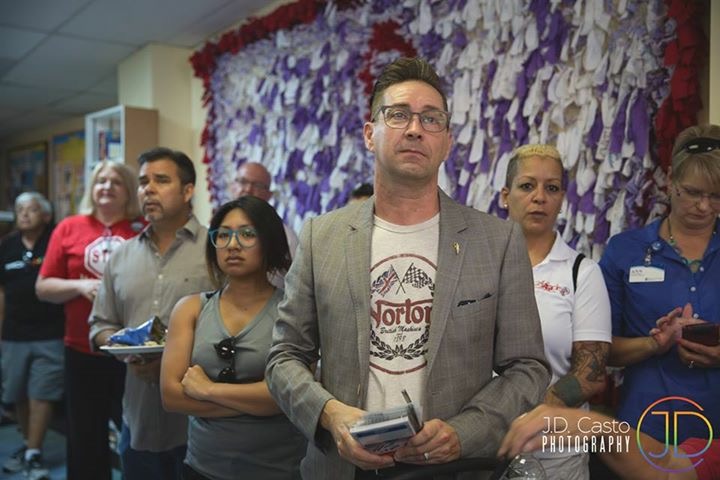
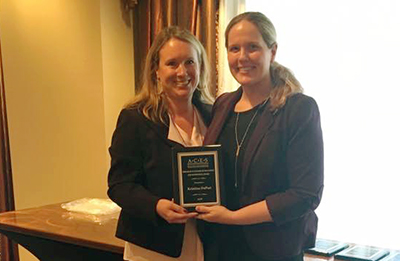
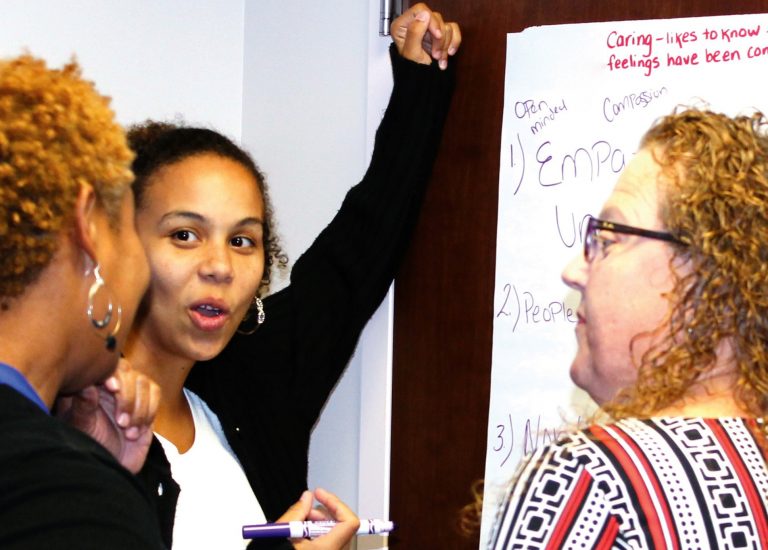
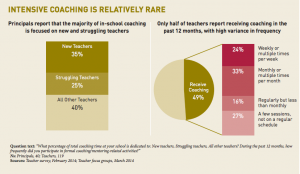
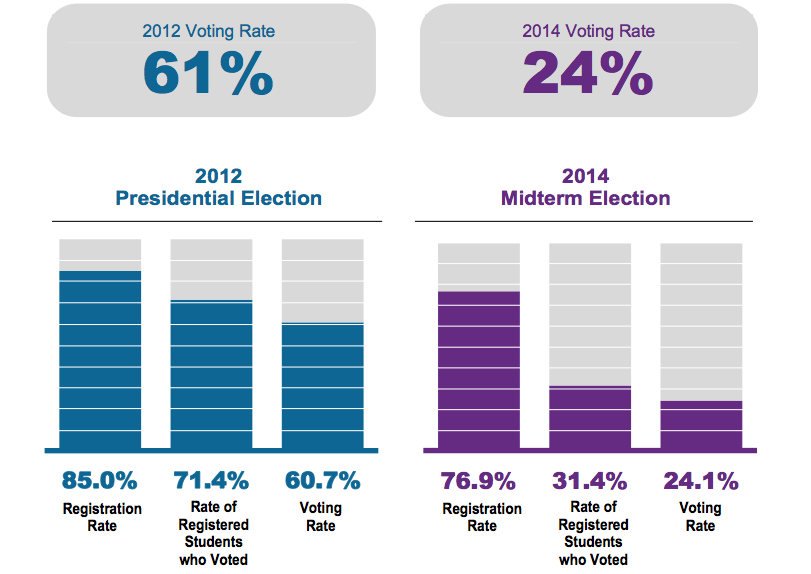
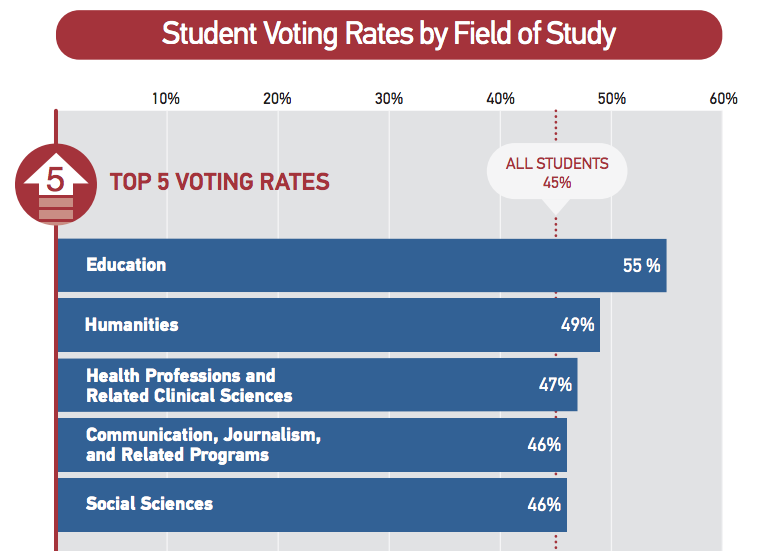

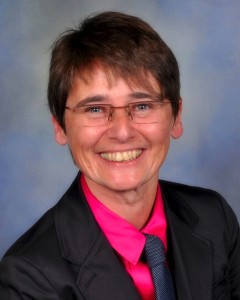 The world’s largest organization of educators committed to advancing English language teaching for non-English speaking students has installed a UF College of Education professor and school director as its president-elect.
The world’s largest organization of educators committed to advancing English language teaching for non-English speaking students has installed a UF College of Education professor and school director as its president-elect.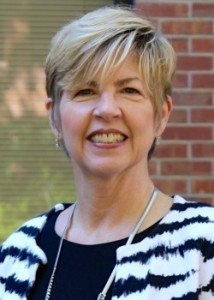
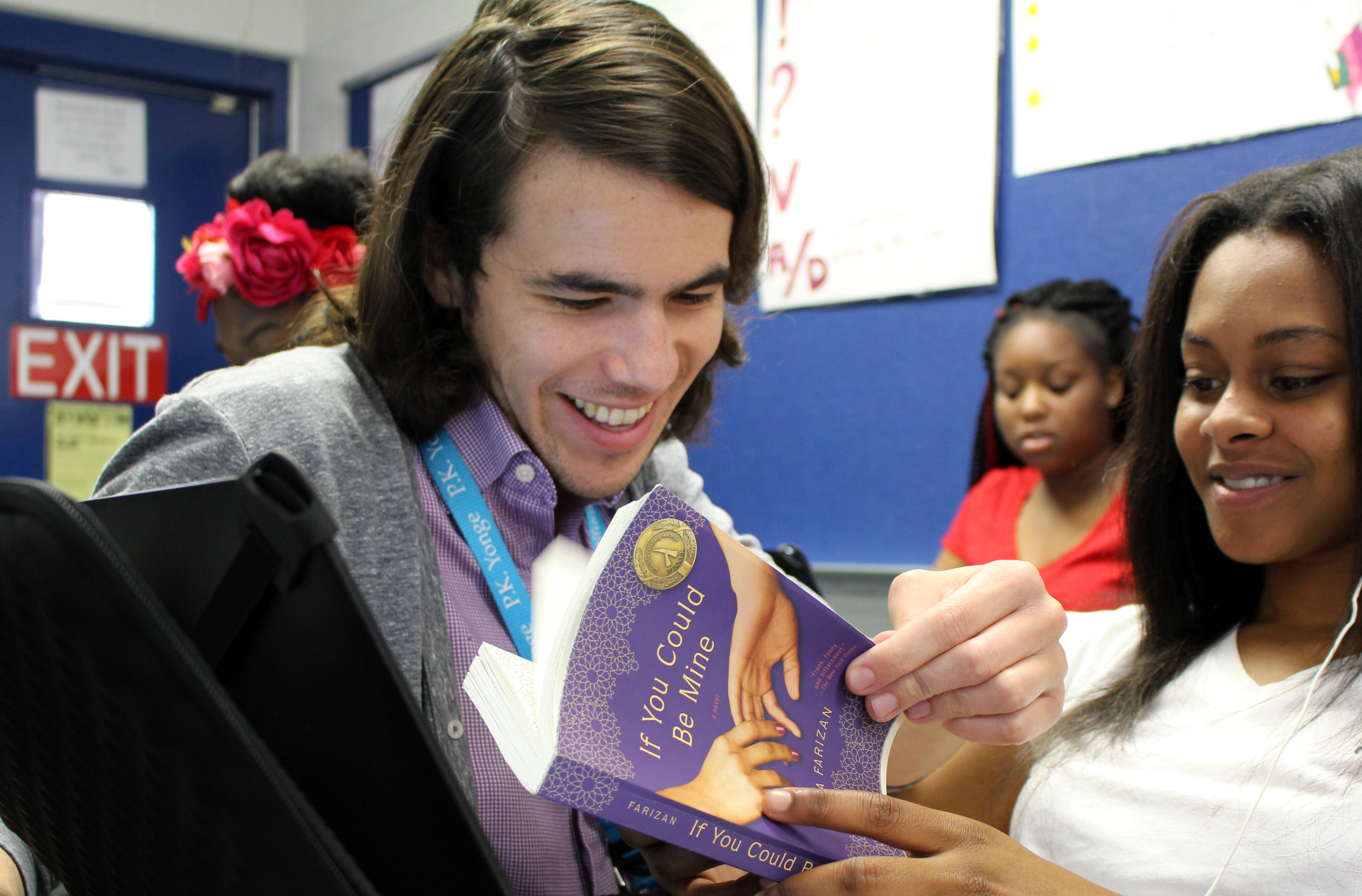
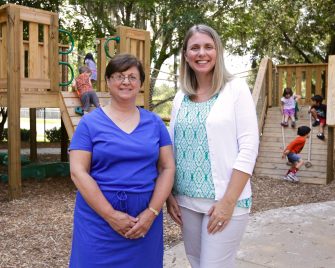
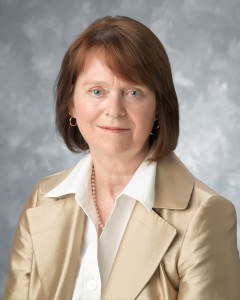
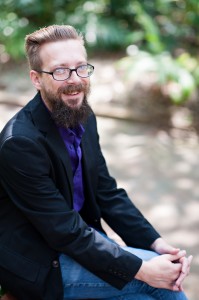
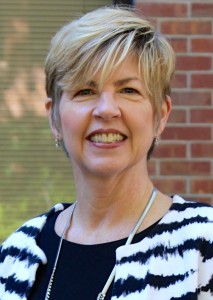
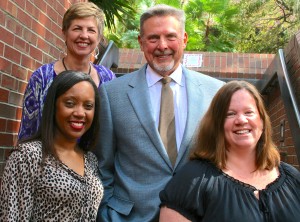
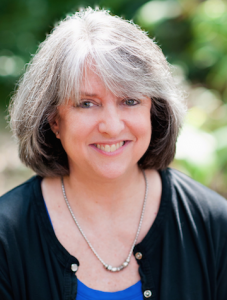
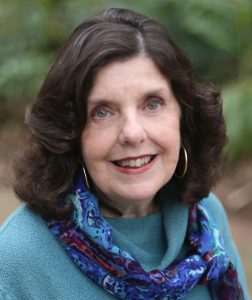
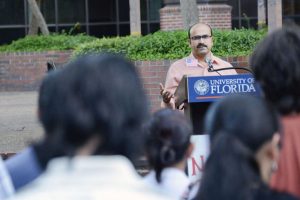
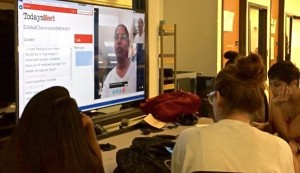
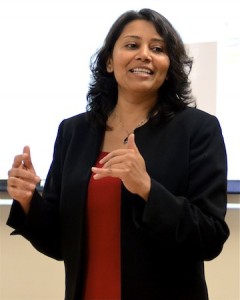
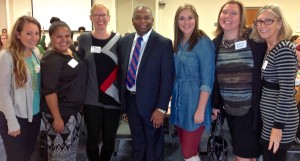
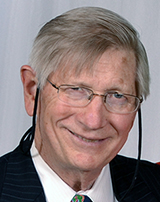
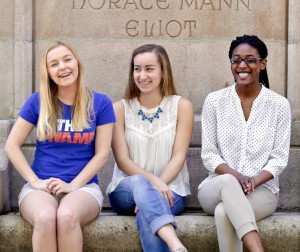
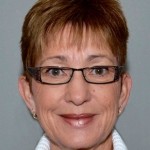
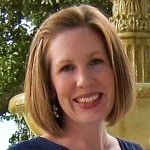
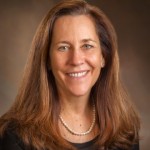
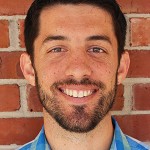
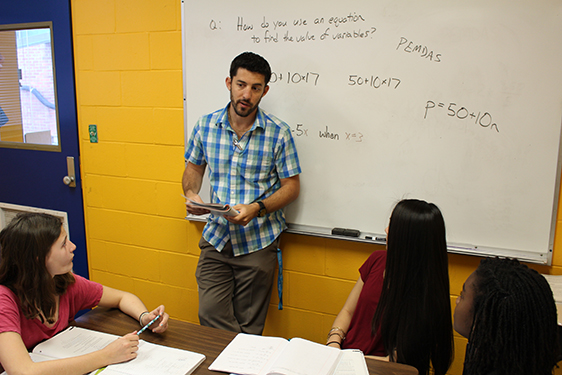
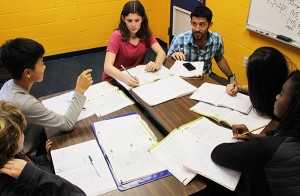
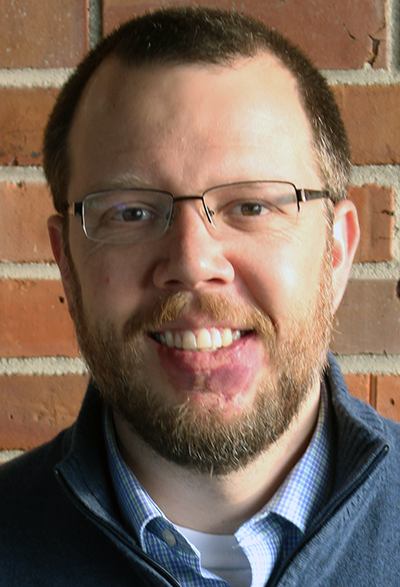
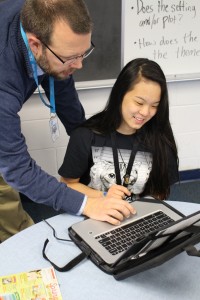
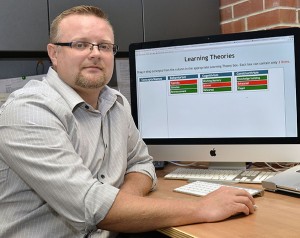
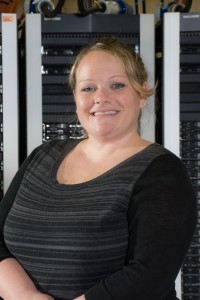
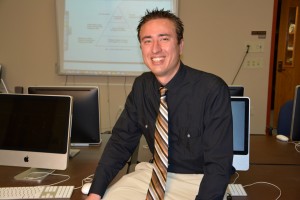
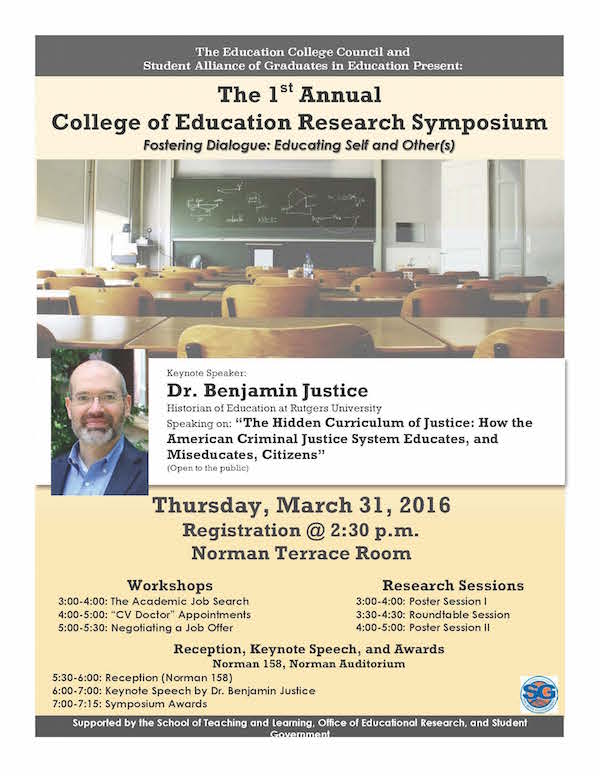
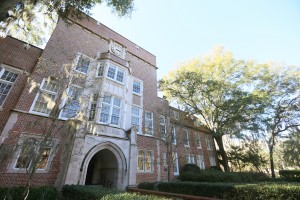
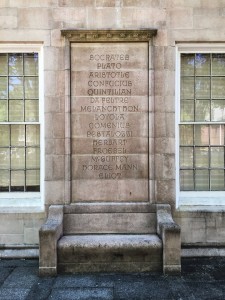
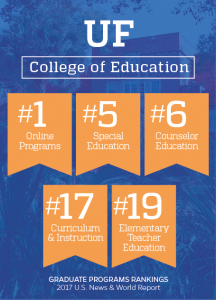
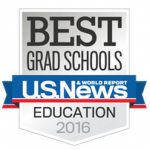
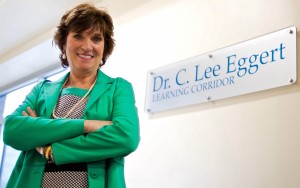 Leslie Eggert Scales-Holloway (BAE ’68) was visibly moved as she reflected on her late father’s role as the beloved principal at P.K. Yonge Developmental Research School from 1947 to 1952. “He strongly believed in the connection between school and community,” she said in a recent interview. “That was Daddy.”
Leslie Eggert Scales-Holloway (BAE ’68) was visibly moved as she reflected on her late father’s role as the beloved principal at P.K. Yonge Developmental Research School from 1947 to 1952. “He strongly believed in the connection between school and community,” she said in a recent interview. “That was Daddy.”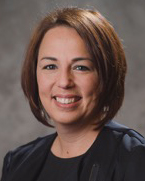
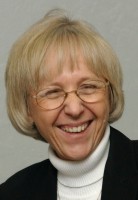
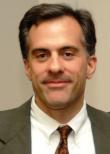
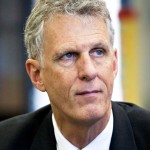
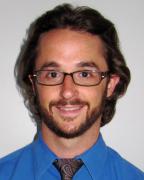
![UFLI Crossword Flyer 2016-75[web]](https://education.ufl.edu/news/files/2016/02/UFLI-Crossword-Flyer-2016-75web-e1455571505158.jpg)
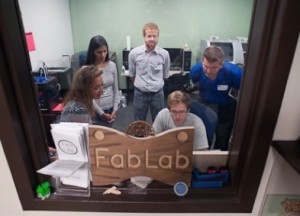
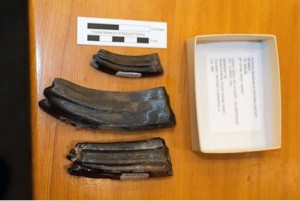
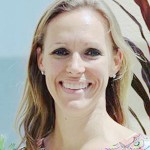
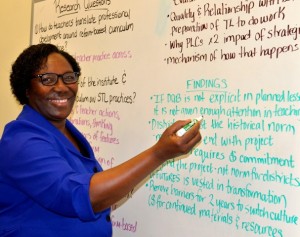
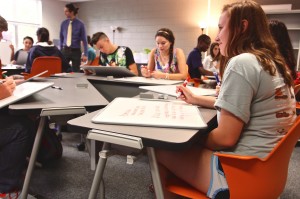 Inspired by the early impact of P.K. Yonge Developmental Research School’s new, state-of-the-art elementary wing, faculty researchers from PKY and the University of Florida are teaming up on pioneering studies into how school building design can influence and improve schooling for both teachers and students.
Inspired by the early impact of P.K. Yonge Developmental Research School’s new, state-of-the-art elementary wing, faculty researchers from PKY and the University of Florida are teaming up on pioneering studies into how school building design can influence and improve schooling for both teachers and students.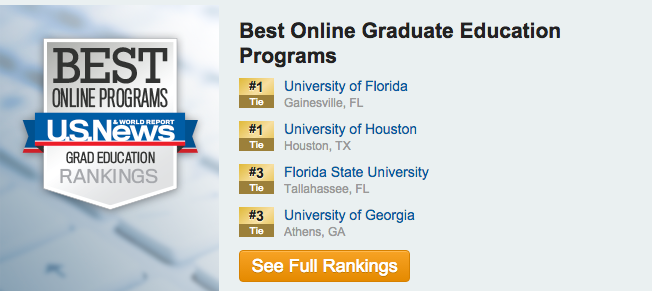
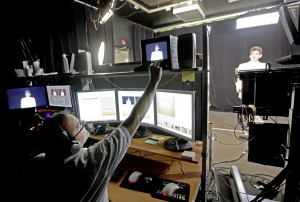
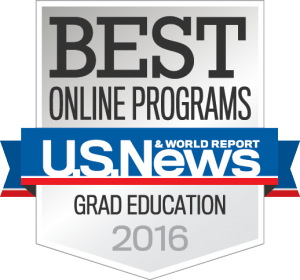 “The videos link to a specific assignment or learning activity,” said Bruce Mousa, coordinator of UF’s educational leadership online degree program. Mousa also has been known to upload videos from his personal computer to provide feedback to individual students.
“The videos link to a specific assignment or learning activity,” said Bruce Mousa, coordinator of UF’s educational leadership online degree program. Mousa also has been known to upload videos from his personal computer to provide feedback to individual students.